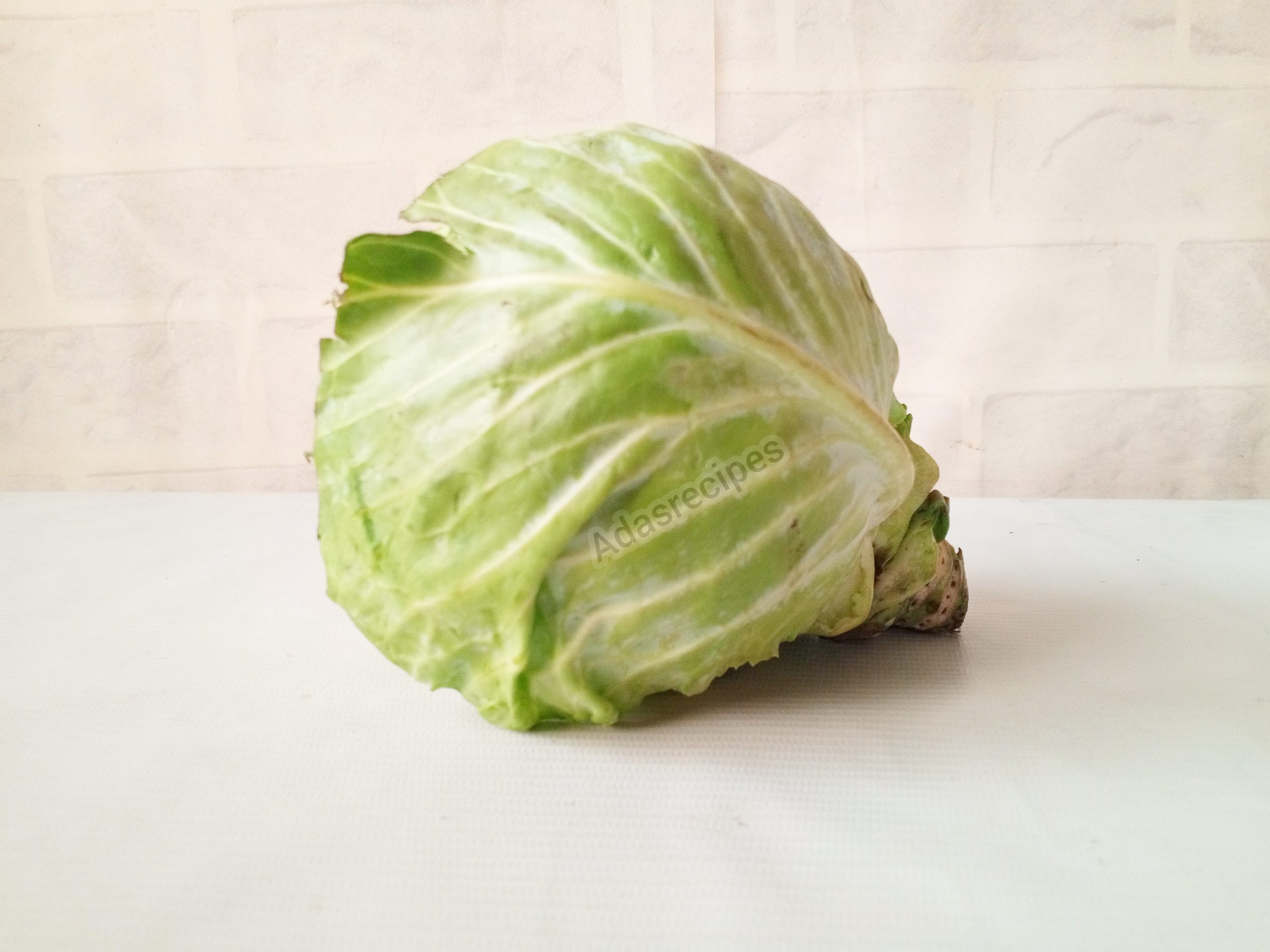Cabbage Benefits and what you need to know
Cabbage benefits is what we’re looking into today. This is leafy vegetable in the Brassica family, has achieved its place as a common and nutritious staple in recipes across the globe. It’s known for unique flavor, mind blowing health benefits.
The vegetable is far beyond just a side dish. From the ancient roots to its present culinary use, let’s look into the world of cabbage and go through diverse ways it contributes to our well-being.
Cabbage has a rich history thousands of years ago. Its cultivation can be traced to ancient civilizations in Europe and Asia, where it quickly became a dietary staple. With time, variation of cabbage have come up, each with its own special characteristics.
Common types include green cabbage, red cabbage, Savoy cabbage, and Napa cabbage. These varieties and variations not only vary in color and appearance but also in taste and texture, giving cooks and chefs a good number of options.
Also Read: Uziza Leaf Health Benefits and its Nutritional Contents
Let’s highlight some Cabbage Benefits

-
Cabbage benefits and Nutritional Contents
Cabbage is hyped for its amazing nutritional content. It is Nutritionally Packed with vitamins, minerals, and antioxidants, and in general, highly nutritious. It’s high vitamin C, which plays a vital role in immune system support and collagen production. Again, cabbage is one of the best of sources of vitamin K, which is essential for blood clotting, and vitamin B6, which is crucial for brain development and function.
In addition to vitamins, minerals such as potassium, manganese, and calcium, contributing to overall health and well-being. Cabbage is low in calories and carbohydrates, making it a weight-friendly option for those looking to maintain a healthy diet and weight loss.
-
Antioxidant Packed
Cabbage is the vegetable family, popular for its rich antioxidant content. Antioxidants are compounds that help put to a stop oxidative stress in the body, protecting cells against damage caused by free radicals, contains various antioxidants, including polyphenols and glucosinolates, which have been connected to a reduced risk of chronic diseases, including certain types of cancer.
The glucosinolates found in cabbage are particularly noteworthy. When cabbage is chopped or chewed, these compounds are broken down into bioactive compounds such as sulforaphane, which has demonstrated anti-cancer properties from research. While research is ongoing, incorporating cabbage into your diet offers amazing and protective benefits against certain cancers.
Also Read: Aju Mbaise for Fertility and Benefits
-
Digestive Health
Cabbage is a rich source of dietary fiber, a key component in promoting digestive health. Fiber adds bulk to stool, preventing hard stool and promoting regular bowel movements. Additionally, the fiber in cabbage can support the growth of beneficial gut bacteria, contributing to a healthy gut microbiome. A healthy digestive system is linked to improved nutrient absorption and overall well-being.
-
Promotes Healthy Heart
Cabbage Benefits in your diet may contribute to heart health. The fiber, potassium, and phytochemicals in this vegetable, cabbage have been associated with lower blood pressure levels. Potassium, in particular, helps regulate blood pressure by balancing sodium levels in the body. Moreover, the fiber and antioxidants in this vegetable may help lower cholesterol levels, reducing the risk of heart disease.
Also Read: Delicious Salad Recipes made with cabbage
-
Cabbage benefits in Weight Management
Cabbage benefits to weight management and plan. With its low calorie and high fiber content, it provides a satisfying and nutritious option for those looking to control their calorie intake. The high water content in cabbage adds to its fullness, helping individuals feel full and reducing the likelihood of overeating.
-
Cabbage benefits Flexibility in Culinary Use
Beyond its nutritional benefits, cabbage benefits and variability in the kitchen makes it a favorite among chefs and home cooks alike.From crunchy coleslaws to hearty stews, this vegetable adapts well to various cooking methods. Its mild flavor allows it to pair seamlessly with a wide range of ingredients, enhancing the taste of dishes. You can eat cabbage pickled, fermented, sautéed, or steamed.
In summary, It has a long history, is a nutritional powerhouse, and is cherished by foodies all over the world. It is a valuable addition to any diet due to its numerous health benefits.
Cabbage Benefits contributes to our health and pleasure of food as we continue to discover and enjoy the wide world of culinary delight.
Did you enjoy reading this post? Please leave your thoughts in comment below.
See in my post,as always, eat well and stay healthy.
Ada.
